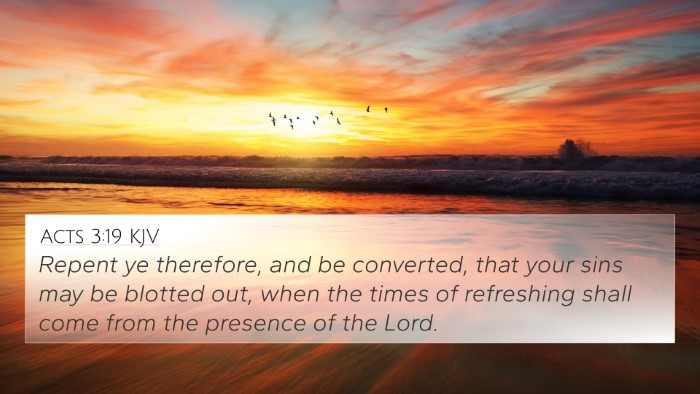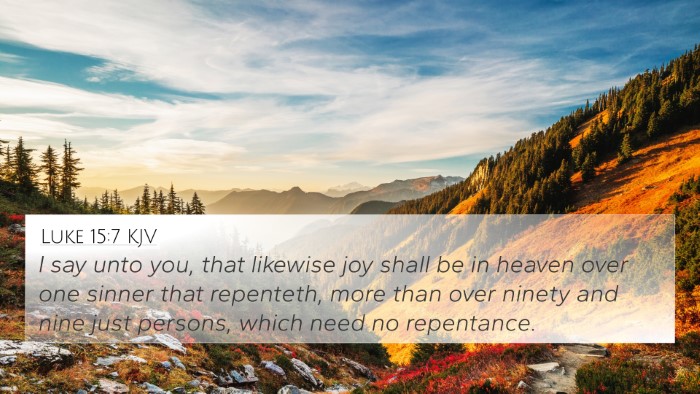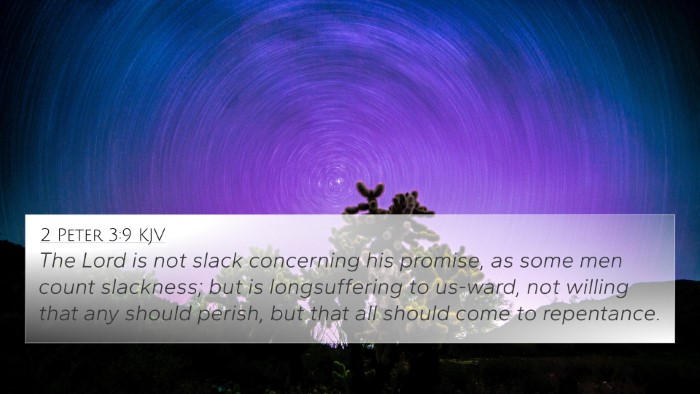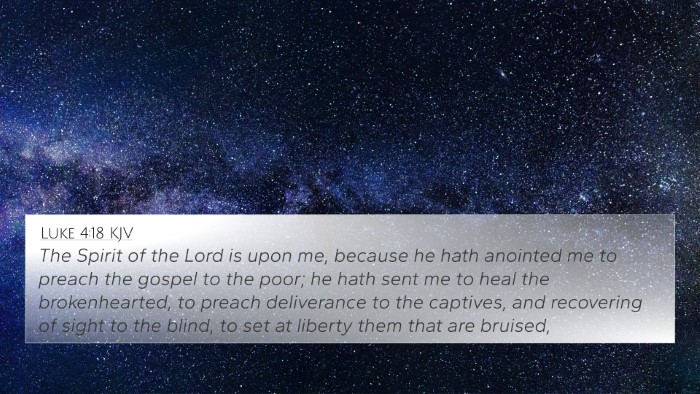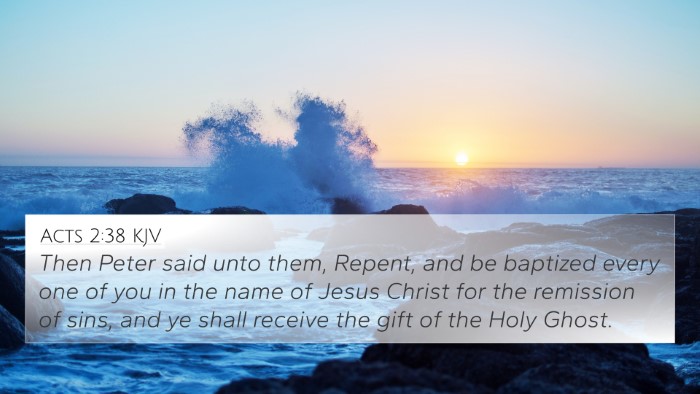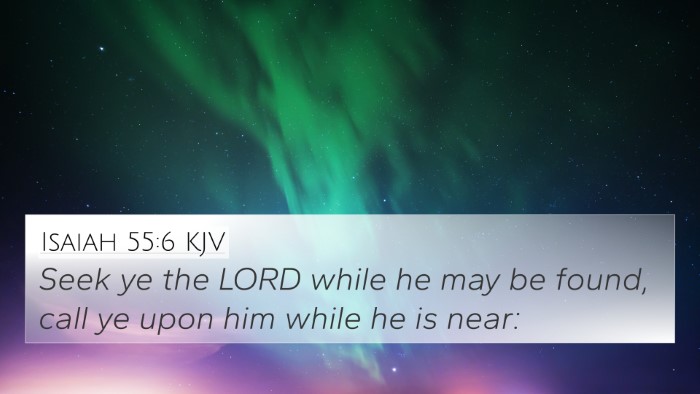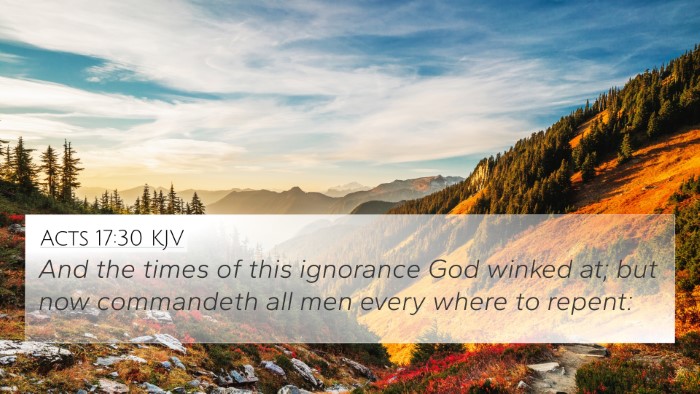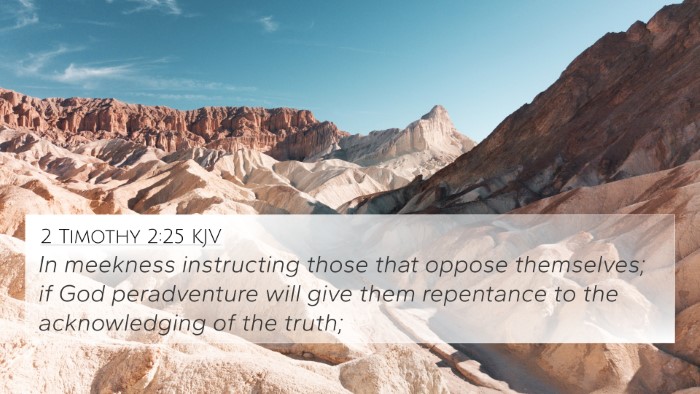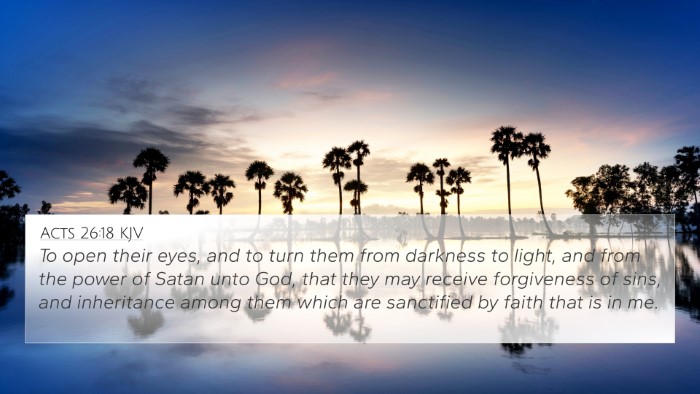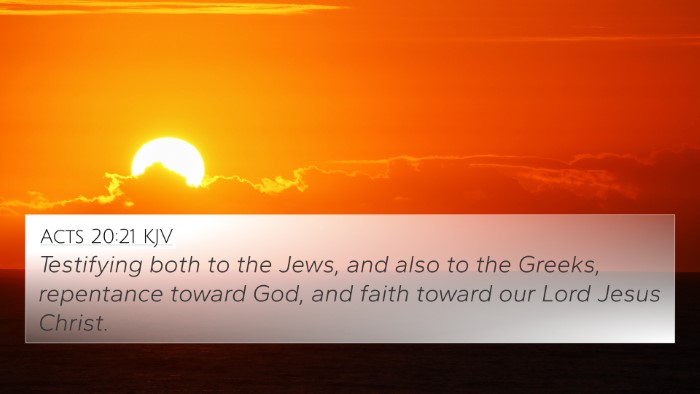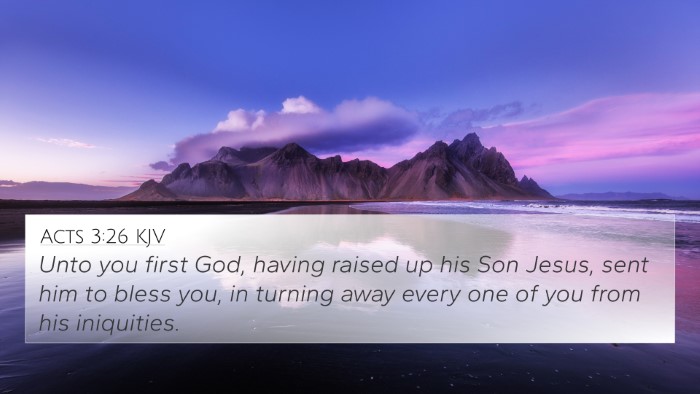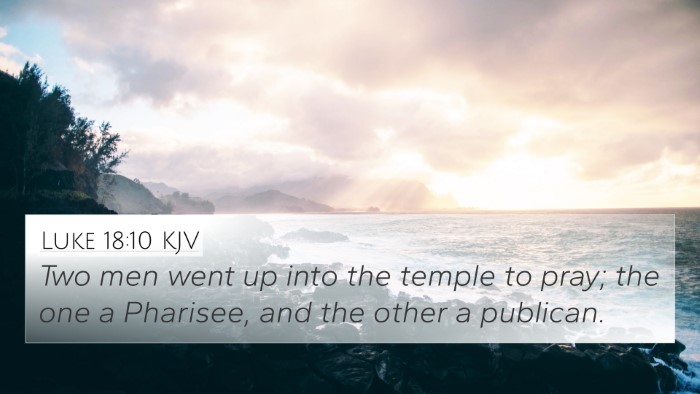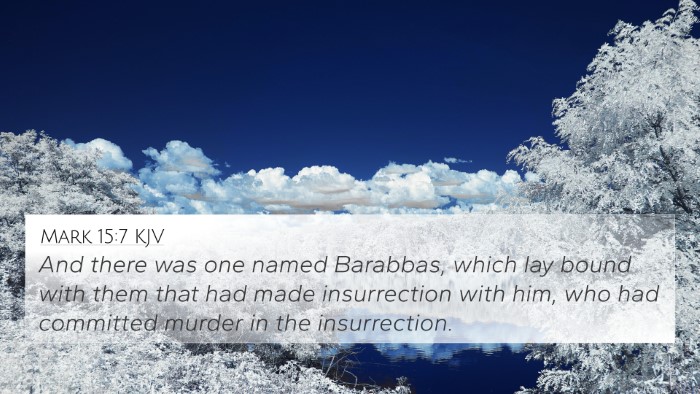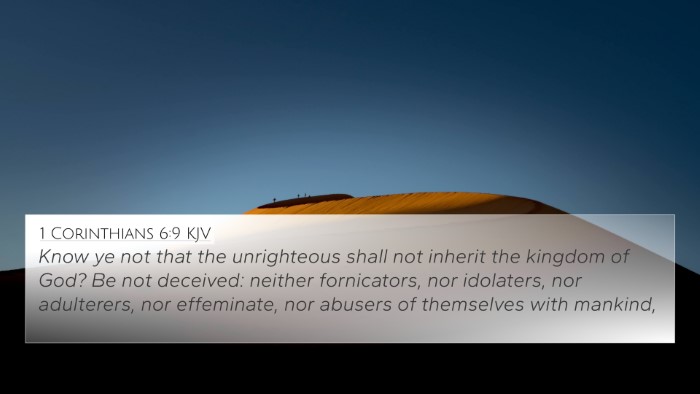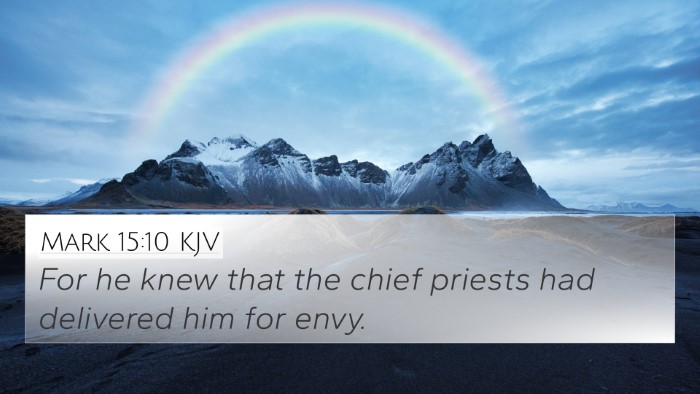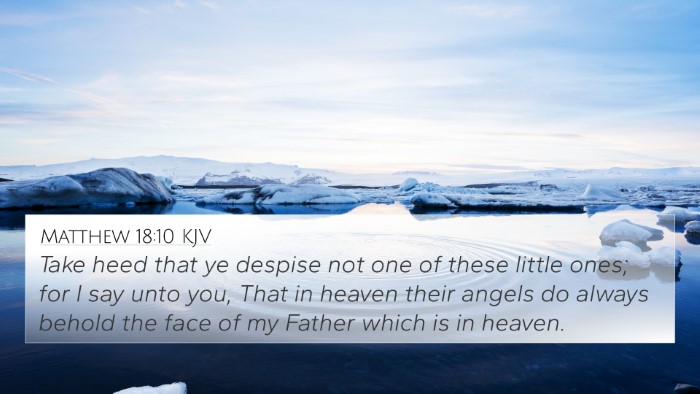Understanding Luke 5:32
Verse: "I came not to call the righteous, but sinners to repentance." (Luke 5:32)
This verse provides a profound insight into the mission of Jesus Christ and His approach towards humanity. Here, Jesus clarifies His purpose, emphasizing that He has come to offer salvation not to those who believe themselves righteous, but to those who recognize their need for repentance—sinners.
Summary of Key Insights
- Jesus' Mission: Jesus expresses his mission as a Savior for the lost, which is foundational to his teachings and actions throughout the Gospels.
- Understanding Righteousness: This verse challenges the self-righteousness of individuals and invites everyone to acknowledge their faults.
- Call to Repentance: The emphasis on repentance highlights the necessary response to divine grace, setting the stage for a deeper understanding of forgiveness.
- Inclusiveness of Jesus’ Teachings: Jesus’ ministry was inclusive, reaching out to outcasts and sinners, which was revolutionary for His time.
- Contrasted with the Righteous: The reference to the 'righteous' serves to contrast those who are aware of their need for grace with those who perceive themselves as morally upright.
Commentary Insights
Matthew Henry's Commentary
Matthew Henry underscores the idea that Jesus does not dismiss the righteous but rather identifies the spiritual pride that often accompanies self-righteousness. He argues that those who think they are righteous are often blind to their failings.
Albert Barnes' Commentary
Albert Barnes explains that the "righteous" mentioned here are those who do not see their need for repentance. He emphasizes that all individuals require repentance and that Jesus’ focus was on bringing those to repentance who realize their sinful nature.
Adam Clarke's Commentary
Adam Clarke elaborates on the definition of "sinners," indicating that it is a broad term encompassing all who have strayed from God’s moral law. He emphasizes the grace offered to all, regardless of their past actions, reiterating the essential aspect of repentance in the Christian faith.
Cross-References
Luke 5:32 is connected to several other Biblical verses that enhance understanding of its message:
- Mark 2:17: "When Jesus heard it, he saith unto them, They that are whole have no need of the physician, but they that are sick: I came not to call the righteous, but sinners to repentance."
- Matthew 9:13: "But go ye and learn what that meaneth, I will have mercy, and not sacrifice: for I am not come to call the righteous, but sinners to repentance."
- 1 Timothy 1:15: "This is a faithful saying, and worthy of all acceptation, that Christ Jesus came into the world to save sinners; of whom I am chief."
- Romans 3:23: "For all have sinned, and come short of the glory of God."
- Luke 19:10: "For the Son of man is come to seek and to save that which was lost."
- Isaiah 1:18: "Come now, and let us reason together, saith the LORD: though your sins be as scarlet, they shall be as white as snow; though they be red like crimson, they shall be as wool."
- 2 Peter 3:9: "The Lord is not slack concerning his promise, as some men count slackness; but is longsuffering to us-ward, not willing that any should perish, but that all should come to repentance."
Thematic Connections
This verse encapsulates various themes of the New Testament, particularly the concepts of grace, redemption, and repentance. It positions Jesus not merely as a teacher but as a redeemer and healer to those in need.
Connecting the New and Old Testament
Understanding Luke 5:32 in the context of Old Testament prophecies and teachings enhances its meaning:
- Exodus 34:6-7: God reveals His nature as merciful, forgiving iniquity and transgression, yet holding the guilty accountable, showcasing His grace toward sinners.
- Psalms 51:17: "The sacrifices of God are a broken spirit: a broken and a contrite heart, O God, thou wilt not despise," highlighting the heart condition needed for true repentance.
- Jeremiah 31:34: "And they shall teach no more every man his neighbor, and every man his brother, saying, Know the LORD: for they shall all know me, from the least of them unto the greatest of them, saith the LORD: for I will forgive their iniquity, and I will remember their sin no more," illustrating God's commitment to forgiveness.
Practical Implications
Luke 5:32 challenges believers to reflect on their own understanding of righteousness. It invites them to consider their reliance on Christ's grace rather than their perceived moral standing. The verse encourages a spirit of humility and repentance in the Christian journey.
Conclusion
In summary, Luke 5:32 offers a concise yet profound look at Christ's mission. It challenges notions of self-righteousness, underscores the need for repentance, and highlights the grace available to all, especially those aware of their failures. As we delve into themes of sin and salvation, linking Bible scriptures through cross-referencing reveals deeper layers of meaning in God’s Word.





